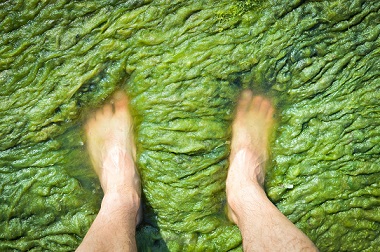An algae-based solution to prosthetic-related infections

date: 17/09/2015
Project: Novel marine biomolecules against biofil...
acronym: NOMORFILM
See also: CORDIS
Over 800 000 prostheses – and an even higher number of catheters – are inserted in patients in the EU every year. Out of these patients, nearly 8% will suffer from a post-implant infection.
The bacteria and fungi found in infected prostheses do not respond to conventional antibiotics; they form a biofilm highly resistant to existing pharmacological treatments. Finding new and effective antimicrobial agents to prevent infections has therefore become a clinical priority.
The NOMORFILM project team will begin by analysing thousands of compounds isolated from microalgae to identify new biomolecules with promising antibacterial properties. These isolated marine molecules will then be tested in animal models to rule out toxicity in humans. Finally, prototype catheters and prostheses incorporating these new biomolecules will be developed.
The key added value of these new prostheses would be their resistance to microbial and fungal colonisation. This would eliminate or at least significantly reduce the need for implant replacement, a frequent result of infection. Along with considerable discomfort, the removal and replacement of new prostheses requires patients to increase their antibiotic consumption, and entails health costs of around €50 000 to €90 000 per infection.
The project aims to not only improve patient care and cut health costs, but also open up new business opportunities. Effective marketing of these infection-resistant devices will be carried out through manufacturing and distribution companies participating in the project.
